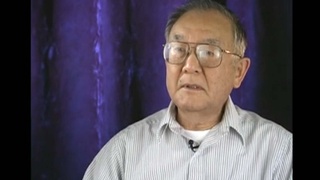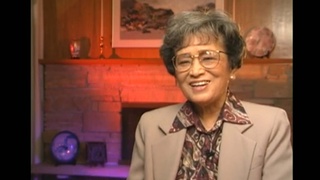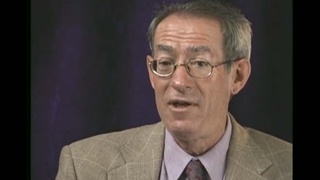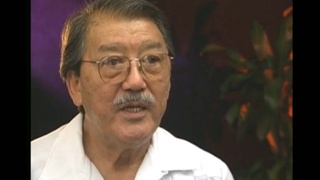Interviews
The unheralded help from beyond the community
I remember there’s a fellow by the name of Ferdinand Galvaz, a Filipino fellow. He used to be the president of the Filipino Association, and as you know, in Stockton, there’s a large Filipino community. He heard that the Filipinos in Stockton had passed a resolution opposing the redress for Japanese Americans. When he read that, he went directly to Stockton, right away, and said, do you know what you people really just did? Do you really understand what’s happening? They told him, the Filipinos all said how they fought against the Japanese in the Philippines and he said, yes, that’s exactly what I’m saying. He said you people don’t even know what you’re doing. He said, these are not the people you fought against in the Philippines; these were the people that fought on your side in the Philippines. And so he talked to them, you know, and they changed their mind, and so he didn’t have to do it.
But I think this is very typical of so many non-Japanese who really went all out to help us, and I think we tend to sort of ignore them. There were lot of others, white people who have done a great deal, and yet we don’t even talk about it. I think the Japanese Americans did not do this all by themselves. I think we had a lot of help from the others.
Date: July 1-2, 1998
Location: California, US
Interviewer: Mitchell Maki, Darcie Iki
Contributed by: Watase Media Arts Center, Japanese American National Museum








